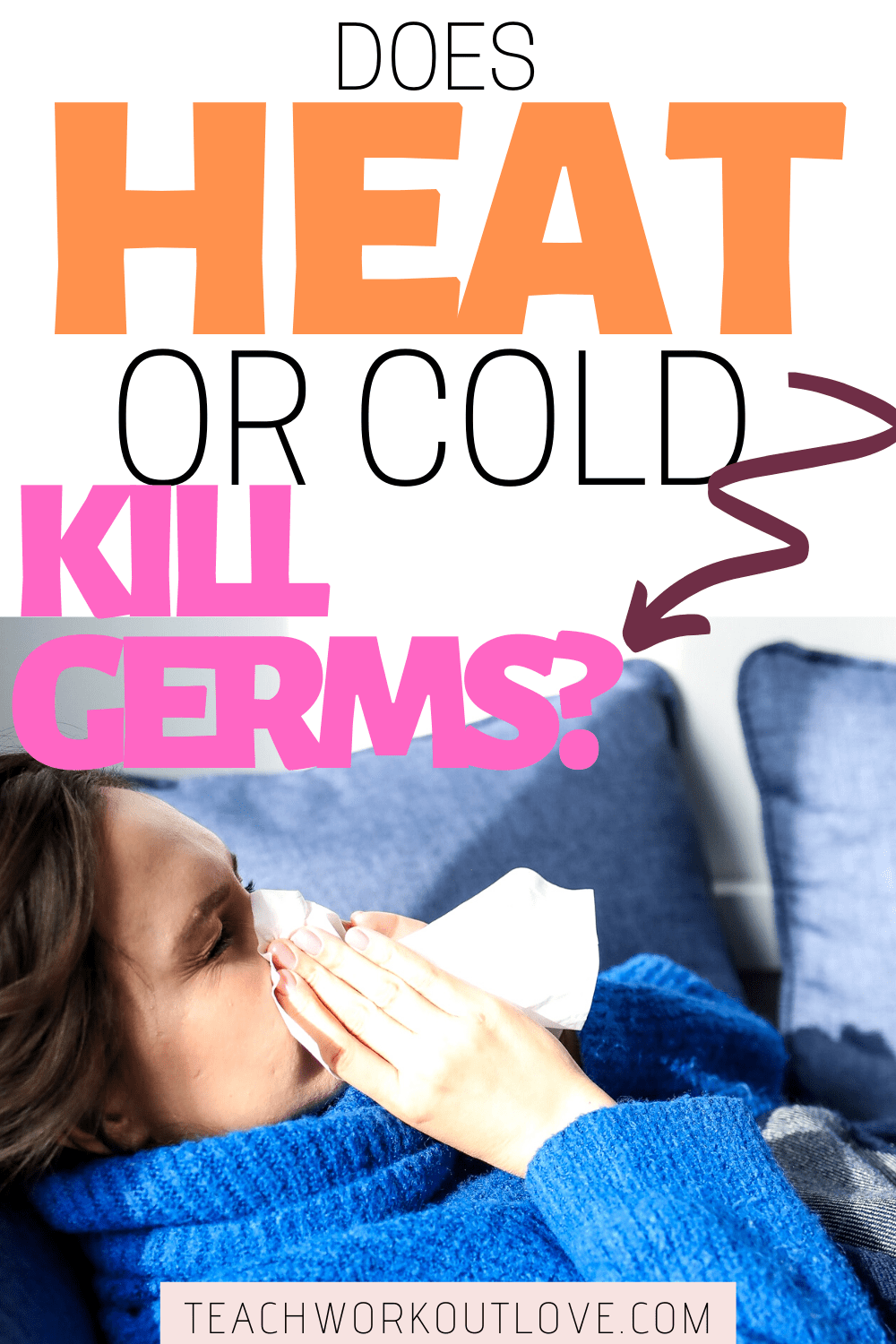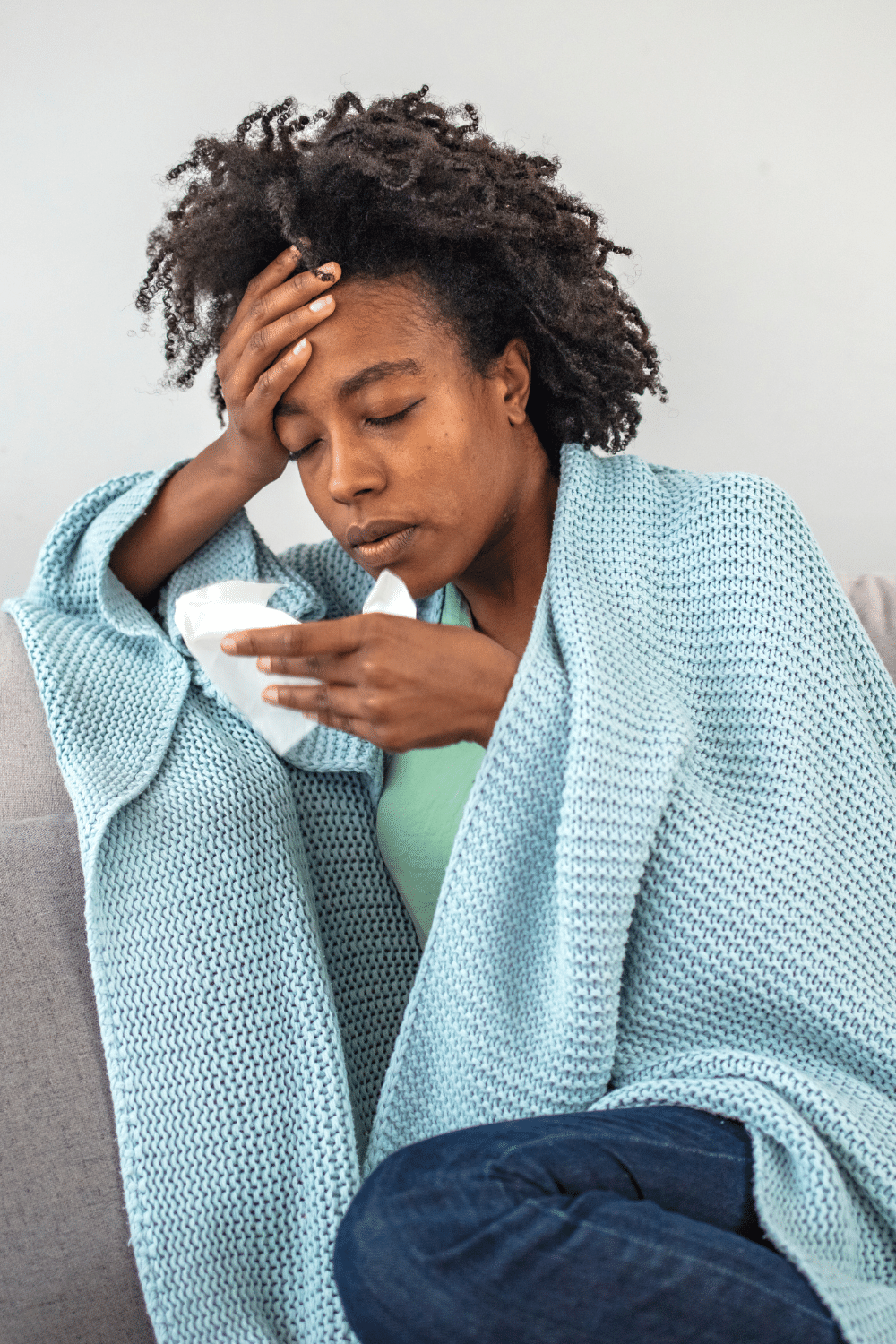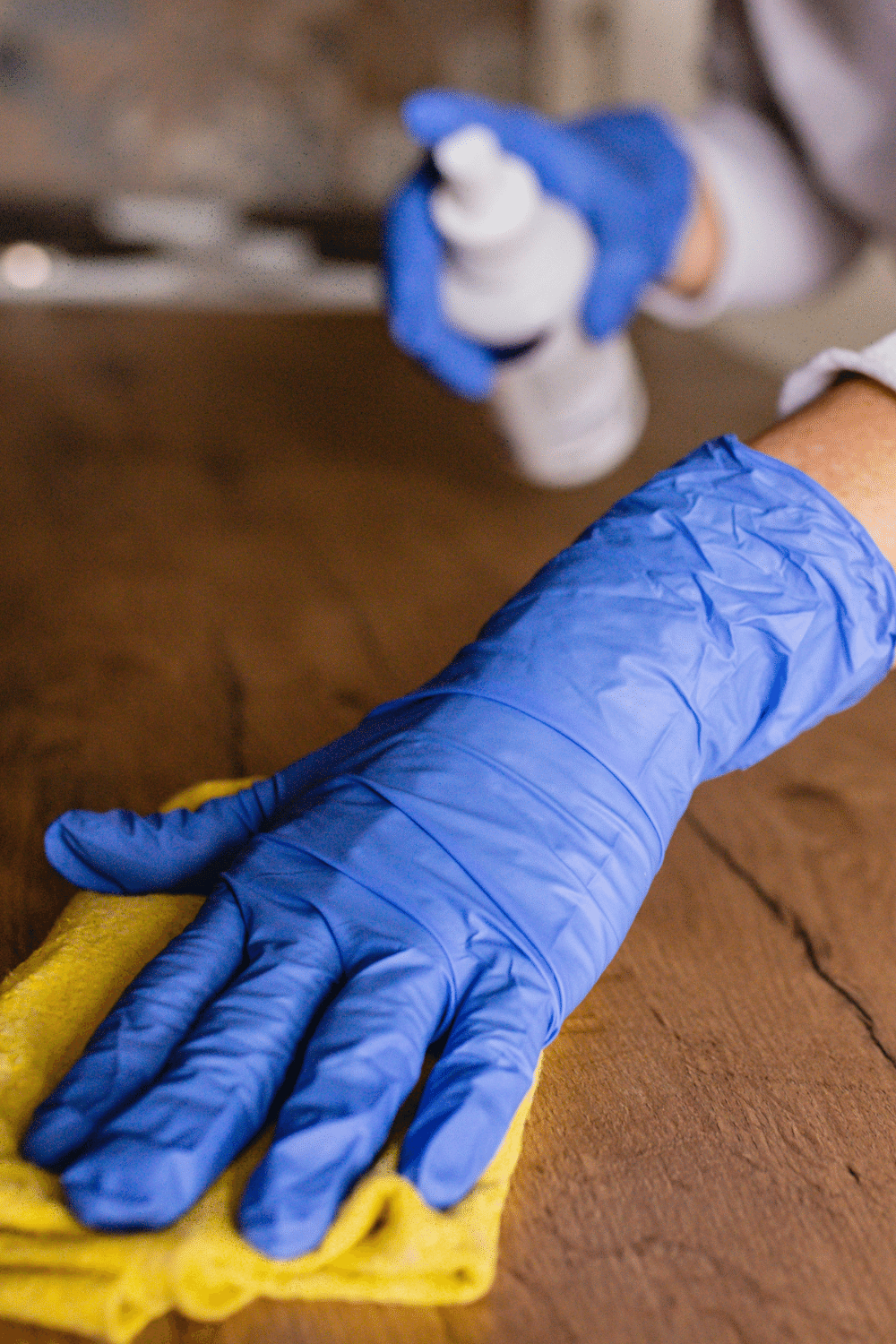
Germs are lurking all around us – living, dying, multiplying, and evolving. Does heat or cold kill germs more effectively? This is a question that many people have when it comes to disinfection and germs.
Germs behave differently in changing temperatures. These microorganisms exist in many different forms, such as viruses, bacteria, and fungi. Although it is not pleasant to think about germs at all, some bacteria are essential for our survival. Others, not so much.
Have you ever wondered why more people suffer from flu in the winter than in summer? Or, why do you need to boil your baby’s bottles to eliminate germs? What is the suitable temperature that kills germs for good? In this article, we will answer these and many other germ-related questions for you. Keep reading.
Does Cold Kill Germs?
Unfortunately, cold does not kill germs. Germs are pretty hardcore when it comes to surviving freezing temperatures.
Freezing your pizza, or chicken, doesn’t kill germs or bacteria inside it, but it does slow them down. That’s why frozen food decomposes slower in the freezer than on the countertop.
Germs spread faster in cold weather due to their gel-like coating that hardens in the cold. It helps them survive for longer in the air and gives them more time to find a victim. Hence, winters shoot up the rate of airborne illnesses, such as cough and flu. Except, that is not the only reason.
In winter, we tend to live closer, in smaller spaces, and curl up in the same blankets, which is a significant cause of the spread. Since not all germs are airborne, many of them might infect you through physical contact with infected people and surfaces.
That does not mean you can’t catch the flu in the summer. You can still be infected with viruses in hot weather, however increasing temperatures can kill many kinds of germs.
The debate over Does heat or cold kill germs is ongoing, with both sides having their own arguments.
Read Also: 5 Quick Tips to Support Your Health During the Winter
Does Heat Eliminate Germs?
Yes, hot temperatures are likely to eliminate germs, especially viral germs. All temperatures above 60 degrees Celsius can kill most germs. We boil water for drinking and cook raw meat to get rid of germs. In these cases, we use extremely hot temperatures to kill germs or bacteria.
However, taking hot or cold water baths won’t make much difference. Your hot tub will never be hot enough to kill viruses, but you can wash away any germs using soap and water. Now, here’s the scary part, bacteria thrive in temperatures between 5 to 60 degrees Celsius. That means our environments are mostly ideal for the growth of these unpleasant beings.
Although there will always be many germs around you, you can stay safe from harmful ones by taking some safety precautions. Cooking your food at a high temperature all the way through can do away with many food-borne germs such as Salmonella found in poultry and meat, and E. coli found in undercooked meat and contaminated water.
Similarly, washing contaminated clothes with hot water and disinfectants, and drying them well can get rid of many germs.
Read Also: Tips From a Health Coach to Stay Well & Protect Your Health
How to Ensure Maximum Protection Against Germs?
Not all germs are airborne, and they certainly don’t leap off surfaces to infect you. Many viruses enter your body through physical contact.
When you touch a surface with germs on it, they are transferred to your body. They can then enter your body when you eat or rub your eyes with your hands, and create chaos inside you.
You probably know of some of the dirty places that these microorganisms call home, but other less apparent germ hot spots are equally nasty. These surfaces include door handles and TV remotes. You can protect yourself from germs on a day-to-day basis by washing your hands often, and every time after using the toilet.
Beyond that, you can use a disinfectant on frequently touched surfaces, handle your food properly, and avoid physical contact with a sick person to minimize the chances of contagious infections. If you have to take care of a sick person, use personal protection equipment for your protection.
Final Thoughts
No matter what the weather is outside, hot, cold, or dry, there will always be germs around you. Some germs spread more easily than others. Although germs are tough organisms, you can minimize the risks of viruses and other diseases by taking preventive measures from your side.
Related Post: Best Air Purifier for Germs
This post contains affiliate links and I may receive a commission, at no additional cost to you, should you purchase through one of my links. Please see my disclosure for more information.











I really wish we get some soon so that there are high chance for faster recovery. Thanks for sharing
For sure —- need the hot weather to come now!
I have been wondering about this, as I had read how colder temps don’t break down viruses. Even stuff in the fridge can be a carrier of the virus. Scary, but good to be informed.
Right? isn’t that insane!? Ugh
This is really interesting. And scary!
So true right?
I got into the habit of drinking hot water all the time now, and it definitely has its benefits
Really! Can you tell me more?